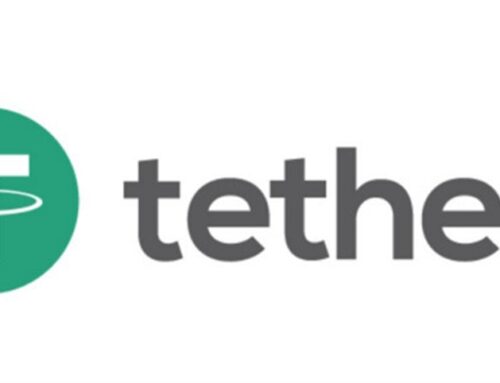The Solar Investment Tax Credit (ITC): Empowering The Shift To Renewable Energy
October 24, 2024
The Solar Investment Tax Credit (ITC) is a vital financial incentive designed to encourage the adoption of solar energy by offering tax credits to individuals and businesses that install solar systems. This credit reduces the overall cost of installing solar technology, making renewable energy more accessible and affordable for a wide range of users. The ITC applies to both residential and commercial solar installations, helping to drive significant growth in the solar industry over the years.
When the ITC was first introduced, it allowed solar system owners to deduct 30% of the installation costs from their tax liability. This percentage applies to expenses related to equipment, labor, permits, and other costs associated with the installation. For example, if a homeowner installed a solar energy system that costs $15,000, they could reduce their tax bill by $4,500 through the ITC. For businesses, the incentive works in the same way, offering substantial savings on larger, commercial-scale solar installations.
The structure of the ITC has evolved. Initially set to expire after a few years, it has been extended and modified to continue supporting solar energy growth. At certain points, the credit was scheduled to decrease gradually, starting from 30% and dropping to 26%, then 22%, depending on when the solar system was installed. However, legislative changes have often extended or enhanced the ITC, reflecting the ongoing commitment to promoting renewable energy.
The ITC is designed to make solar energy more cost-effective for a broad audience, including homeowners, businesses, and utility-scale projects. By reducing upfront costs, the credit encourages investment in solar energy, contributing to its rapid expansion. Additionally, the ITC applies to various types of solar installations, including rooftop systems for homes and larger solar arrays for commercial or industrial use. For businesses, the credit includes flexibility, allowing them to claim it even if they lease solar systems instead of purchasing them outright.
In recent years, new provisions have been added to the ITC to increase its reach and effectiveness. For example, certain entities that do not have tax liability, such as nonprofits and local governments, can now benefit from the credit through options like direct pay or transferability. These options make it easier for more organizations to access the financial benefits of solar energy adoption, further boosting its appeal.
The ITC has been a significant factor in the global growth of solar energy. As solar technology has become more affordable, the ITC has helped accelerate adoption rates, making renewable energy a viable option for more people. The credit has also contributed to job creation, with the expanding solar industry providing numerous employment opportunities in manufacturing, installation, and related sectors.
Overall, the Solar Investment Tax Credit plays a key role in making solar energy more financially feasible, reducing costs, and driving widespread adoption. Its continued implementation supports the transition to a more sustainable energy future while creating jobs and fostering innovation in the renewable energy sector. The ITC remains a crucial tool in the global effort to combat climate change and reduce reliance on fossil fuels.
Related
Search
RECENT PRESS RELEASES
Related Post






